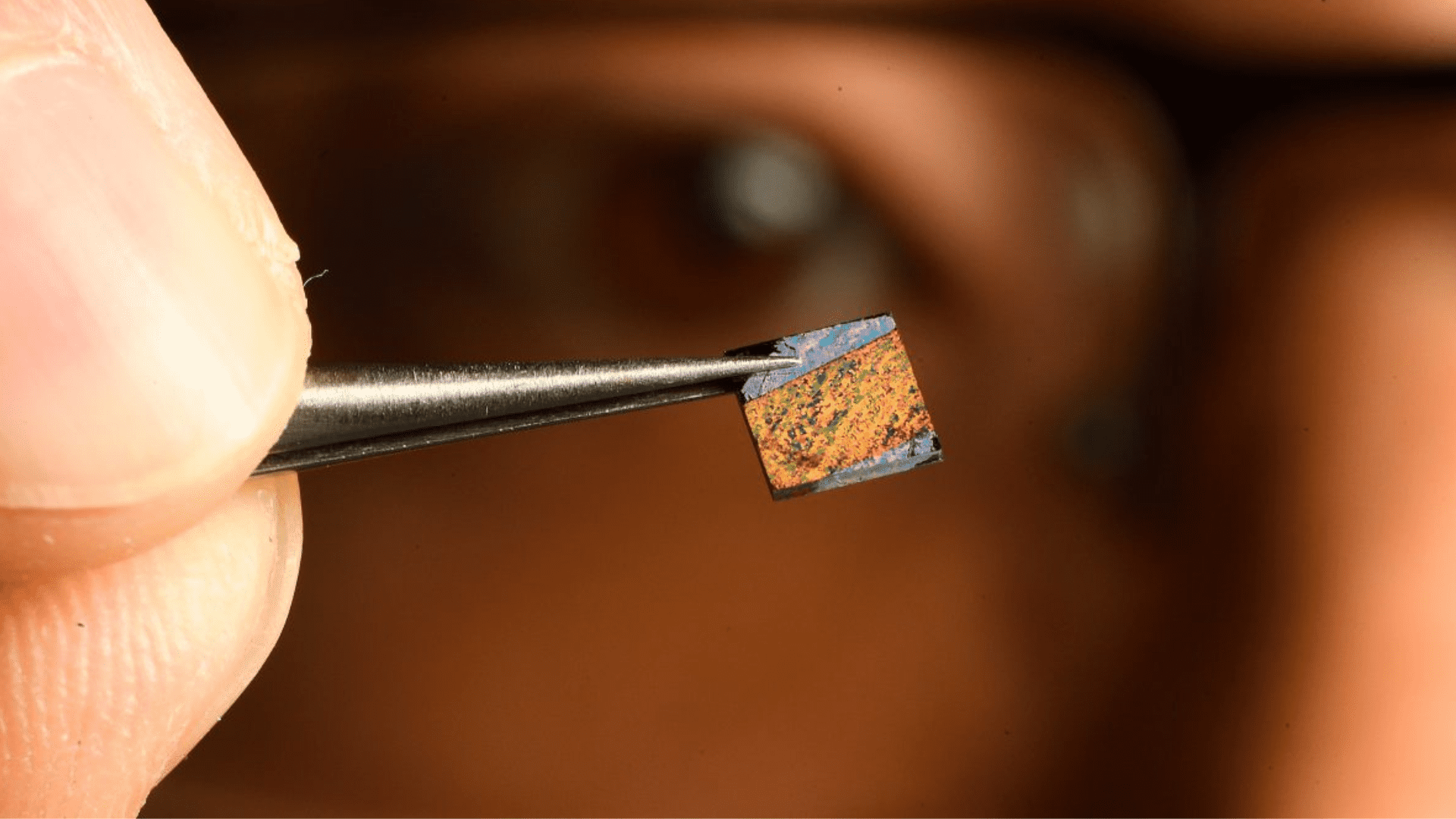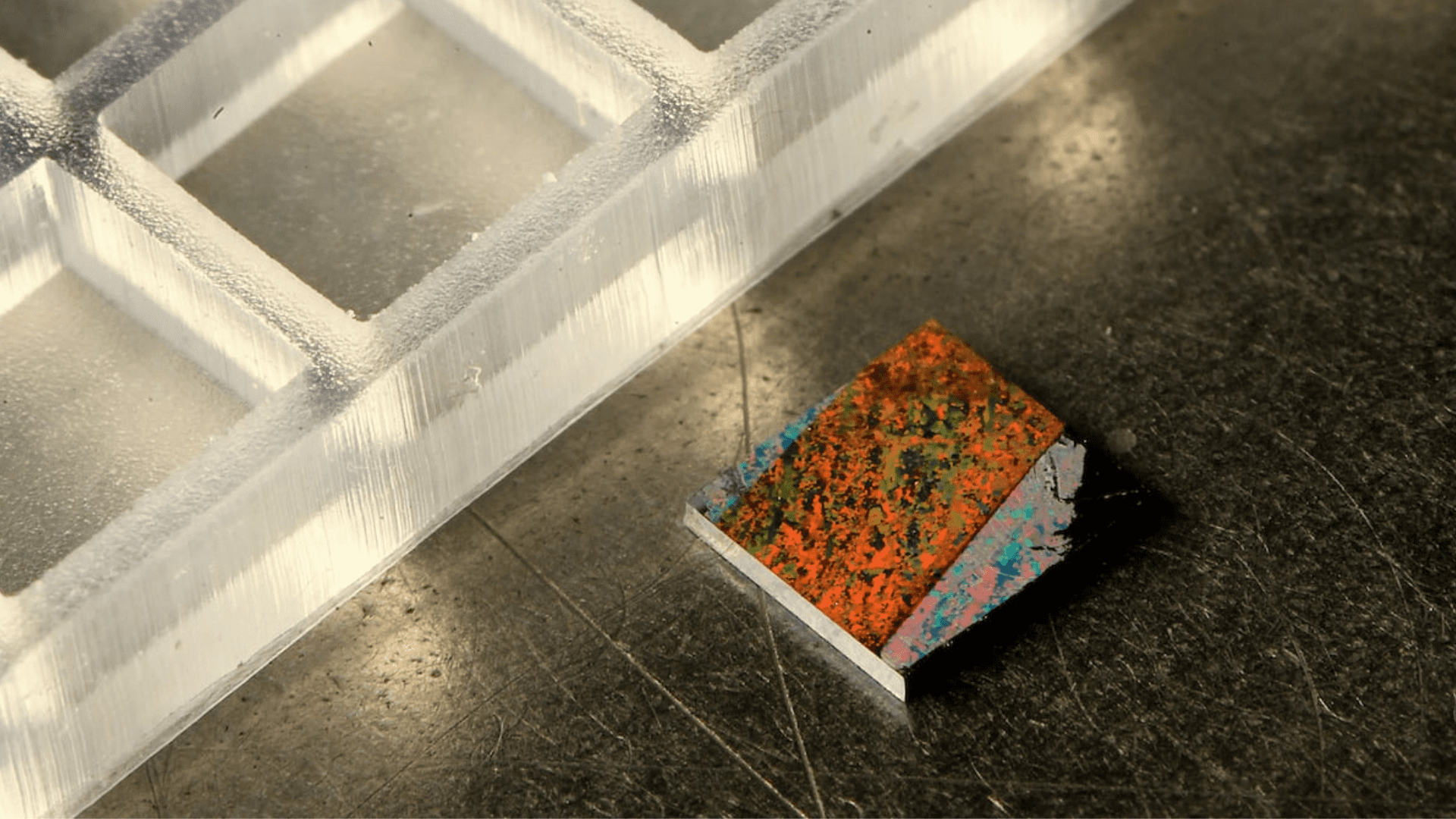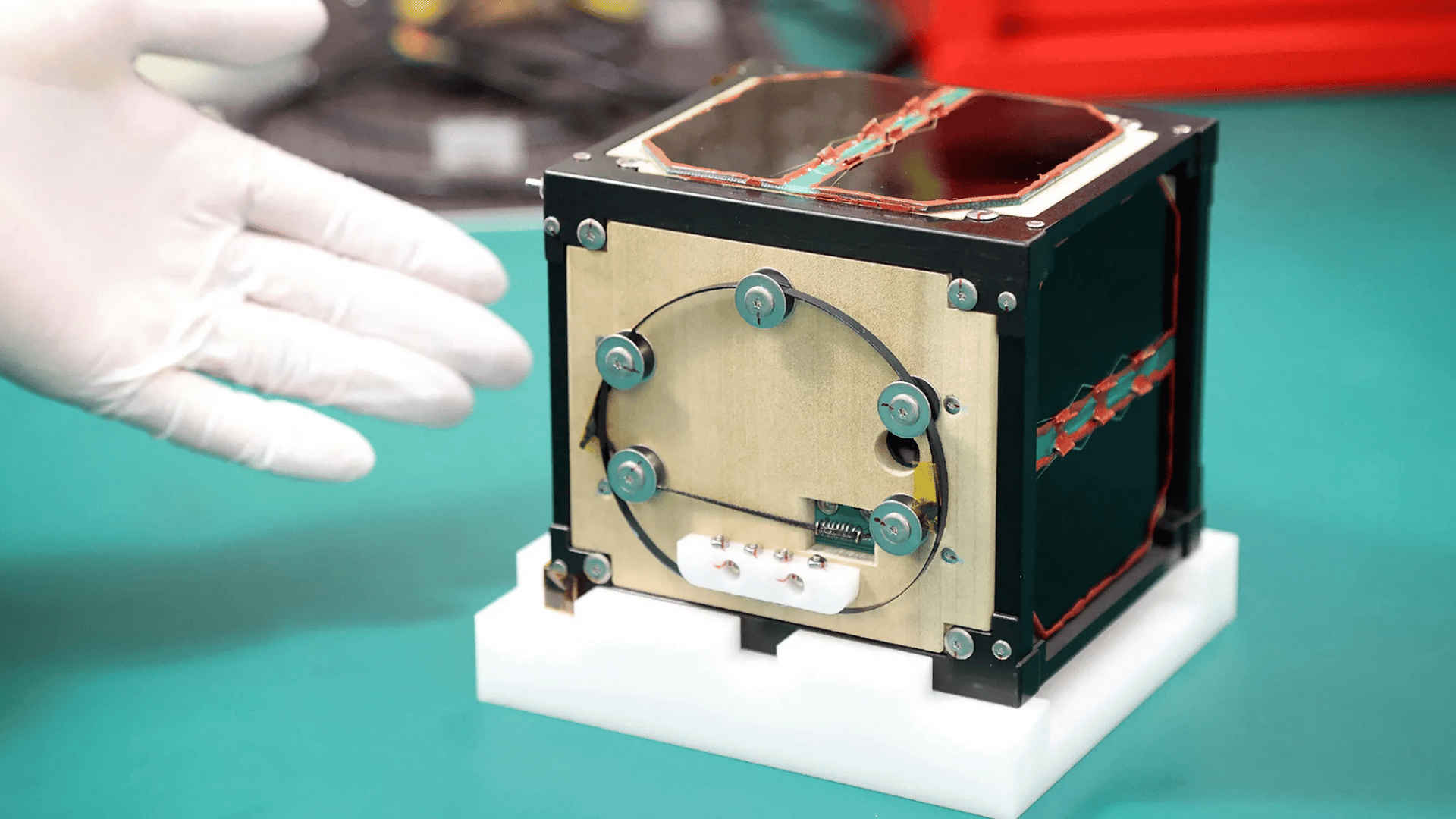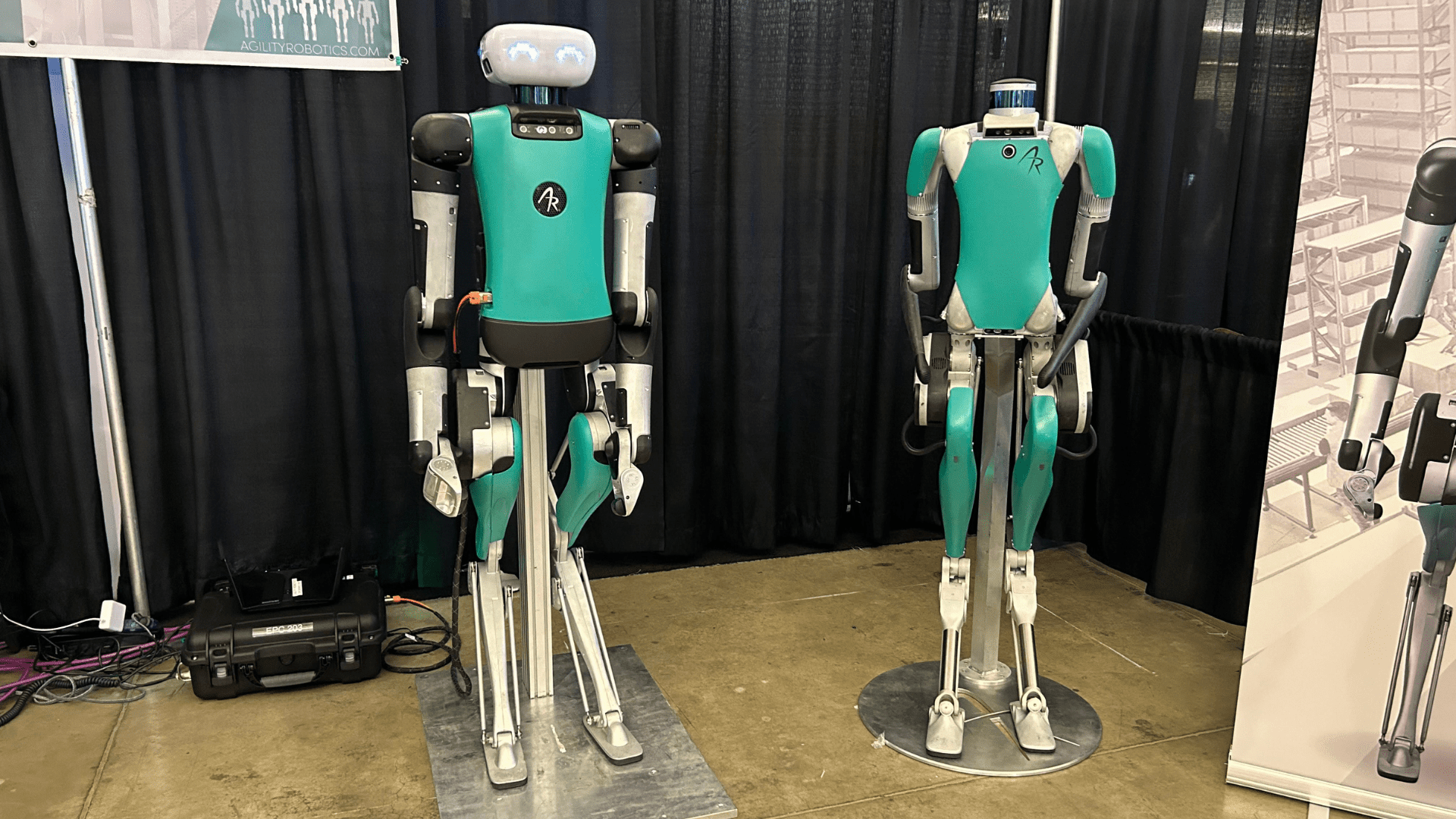Every second matters during a heart attack. A new invention turns hours into minutes that can be used by first responders or at home. Researchers at Johns Hopkins University developed a tiny blood test that diagnoses a heart attack in minutes.
“Heart attacks require immediate medical intervention to improve patient outcomes, but while early diagnosis is critical, it can also be very challenging—and near impossible outside of a clinical setting,” said Peng Zheng, an assistant research scientist at Johns Hopkins University. “We were able to invent a new technology that can quickly and accurately establish if someone is having a heart attack.”
The proof-of-concept, which shows that the work can be modified to detect infectious diseases and cancer biomarkers, has been newly published in the Advanced Science journal.
A New Way to Diagnose a Heart Attack

Zheng is the study’s lead author, while Ishan Barman is its senior author. The two researchers develop diagnostic tools through biophotonics, using laser light to detect biomarkers, which are bodily responses to conditions, including disease. During this study, they used the technology to find the earliest signs of a heart attack in the blood.
It’s estimated that about 800,000 people in the United States have a heart attack every year. However, it remains one of the trickiest conditions to diagnose. Symptoms of a heart attack vary. For example, some symptoms could be subtle and easy to miss in the early stages of a heart attack.
People suspected of having a heart attack undergo a variety of tests. They start with electrocardiograms, which measure the heart’s electrical activity, which only takes a few minutes. Then, medical workers take blood tests, but lab work that takes at least an hour to come back. Additionally, the lab work often needs to be repeated.
Speed and Accuracy

The team created a stand-alone blood test that provides results in five to seven minutes. According to the researchers, the test is more affordable and more accurate than current methods. Though the device was created for a clinical setting, the test could be adapted as a handheld tool for first responders or people at home to use themselves.
“We’re talking about speed, we’re talking about accuracy, and we’re talking of the ability to perform measurements outside of a hospital,” said Barman. “In the future, we hope this could be made into a hand-held instrument like a Star Trek tricorder where you have a drop of blood and then, voilà, in a few seconds, you have detection.”
The researchers say the device could one day be adopted for detecting cancer and infectious diseases, in addition to heart attacks. Next, the team wants to refine the blood test and explore larger clinical trials.
“There is enormous commercial potential,” Barman said. “There’s nothing that limits this platform technology.”






